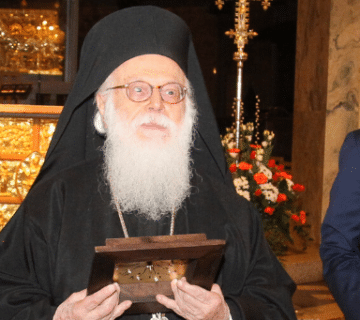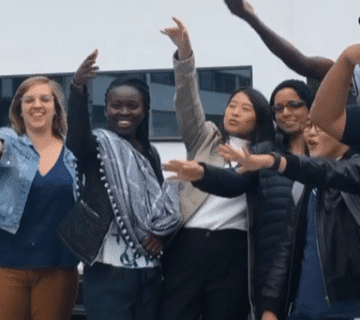This experience began around 40 years ago in Tlemcen, Algeria, where the focolarini received the gift of an abbey built in Arabian style by the Benedictine fathers with the intention of making it into a center of dialogue with the Muslim world. From the initial contacts, both Christians and Muslims were impressed by the affinity between the two religions which have their origins in Abraham, for example on such points as believing in only one God, most clement and merciful, total dedication to the will of God, high esteem for Jesus and for Mary, his mother.
In close contact with the focolare centers are over a thousand Muslims in many countries of the world. Among them are Imams, practicing believers and other Muslims who, due to their meeting with the Movement and in sharing its spirit of unity, have gone back to the practice of the five pillars of Islam. In fact, the effect of dialogue is not syncretism, but the rediscovery of one’s own religious roots, of that which unites us.
Pope John Paul II once said at Madras in 1986: “Through dialogue, we let God be present in our midst, because while we open ourselves to dialogue with each other, we also open ourselves to God. The fruit of union among human beings is union with God.” Dialogue also strengthens the commitment to bring unity and peace especially wherever violence and racial and religious intolerance try to create a breach among the components of society.


 Italiano
Italiano Español
Español Français
Français Português
Português


